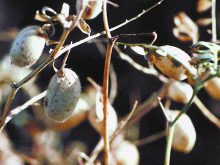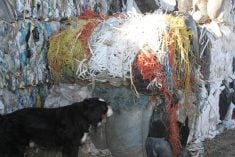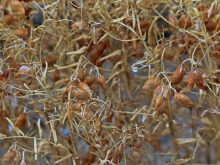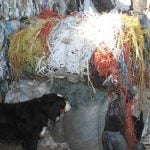POINTE-AU-PIC, Que. – Farmers increasingly are being driven to ignore environmental rules as the obligations become more onerous and government compensations less lucrative, farm leaders have warned.
They were angry about growing wildlife crop damage, rumors of less government compensation for diseased animals and proposals that farmers be more responsible for habitat protection.
“There is no bloody way farmers should be expected to pay all the costs for protection of habitat,” Ontario Federation of Agriculture president Tony Morris told the summer meeting of the Canadian Federation of Agriculture.
Read Also
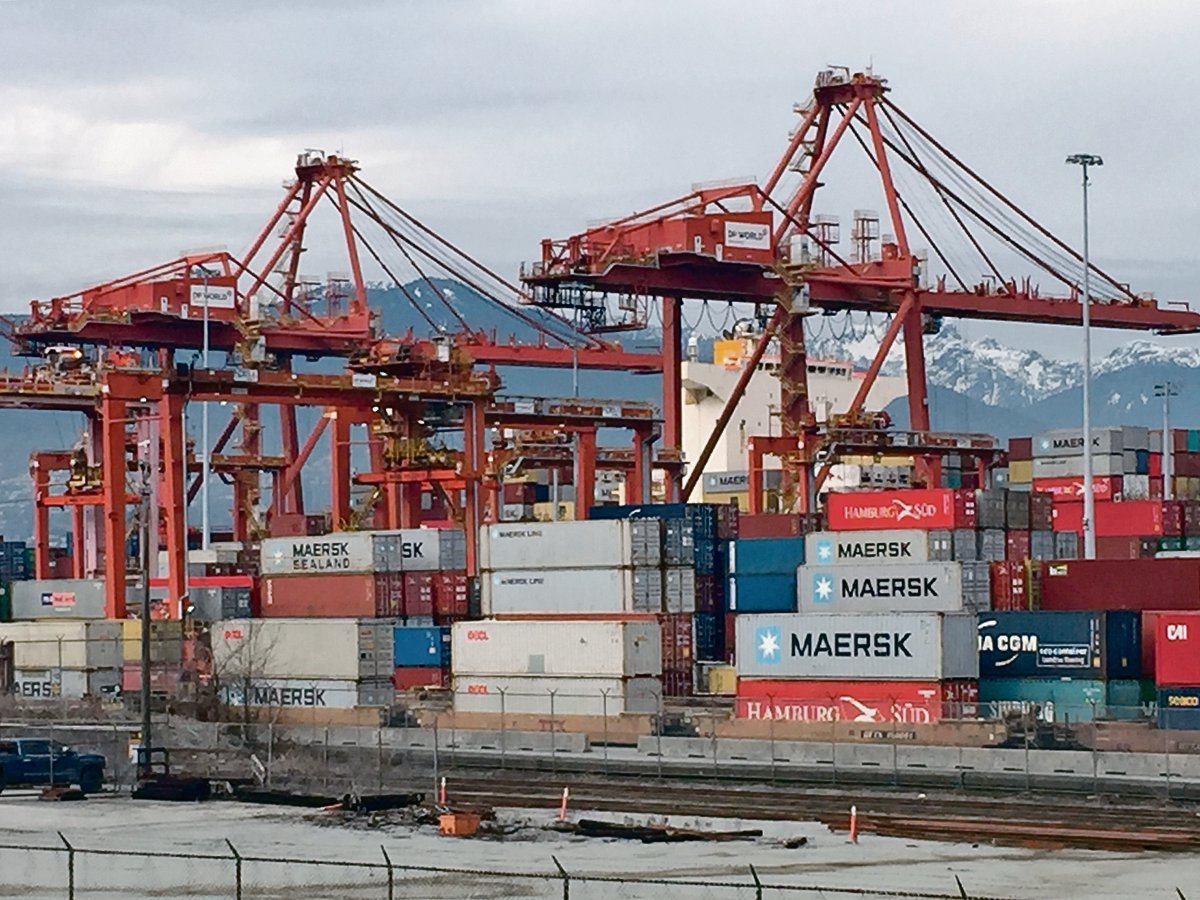
Message to provincial agriculture ministers: focus on international trade
International trade stakeholders said securing markets in the face of increasing protectionism should be the key priority for Canada’s agriculture ministers.
“I can take you to farms that have lost 40 percent of their sheep to coyotes. Who will pay for that?”
Don Dewar from Manitoba was more direct.
“If something isn’t done, there will be a lot of dead animals.”
The debate at the meeting came after tales of proposals to reduce crop insurance compensation for wildlife crop damage and of federal restrictions on the money available to compensate farmers for diseases spread to their animals by wildlife.
CFA president Jack Wilkinson said he was uneasy listening to threats of farmers refusing to report diseased animals or endangered species sightings or environmental problems.
“This is rampant now in the States,” he said. “It is a slippery slide to hell.”
Yet farm leaders at the CFA meeting said it was inevitable.
Morris told a tale of an Ontario farmer who was refused permission to take his hay crop off because someone had spotted an endangered species on his land. There was no compensation.
There were reports at the meeting that the provinces want to get out of the compensation business and that Ottawa is sharply curtailing its liability.
“If society sees an intrinsic value in having wildlife, it has to be willing to pick up the tab. That hasn’t been happening,” said Wilkinson.
The result, he said, is a multi-million dollar problem for farmers.
And soon, they will begin to ignore the rules.



